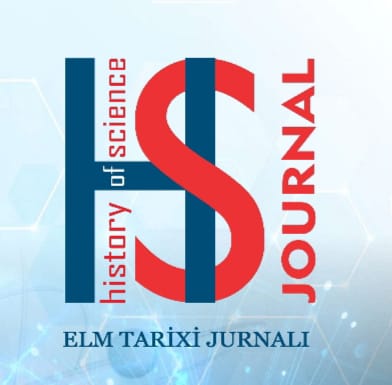The article explores the resistance of the Azerbaijani people in response to the policy of ethnic cleansing and genocide carried out by Armenian nationalists, as well as the role of cities that became centers of this struggle. The study analyzes the geographical location of these cities, their organizational capacities, population activity, and other functions, a comparative approach is also presented using the “hero city” model. The influence of cities on the course of the struggle is assessed through the example of the occupation and liberation of Shusha and Aghdam, and their historical and spiritual significance is examined in connection with the ideas of martyrdom, self-sacrifice, and national pride.
The research concludes that in various historical periods, Shusha, Ganja, Aghdam, and other cities served not only as important military-strategic points but also as significant centers of national resistance, willpower, and historical memory.
Since this topic has not yet been systematically studied in Azerbaijani historiography, the research makes an important contribution to filling this academic gap and rethinking the spirit of resistance of the Azerbaijani people.

